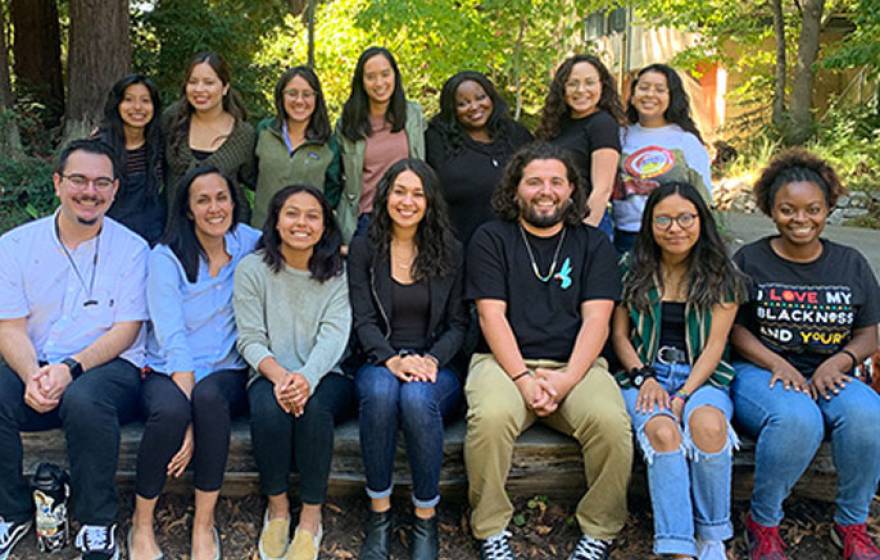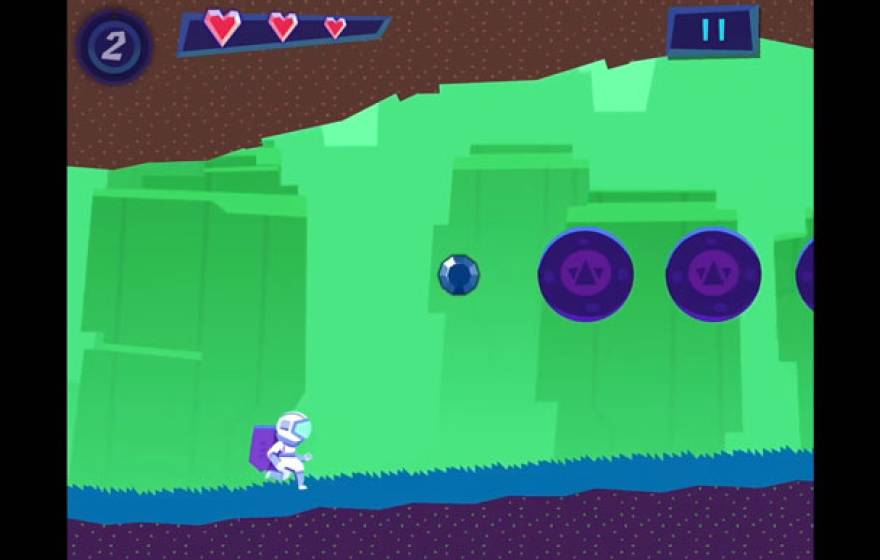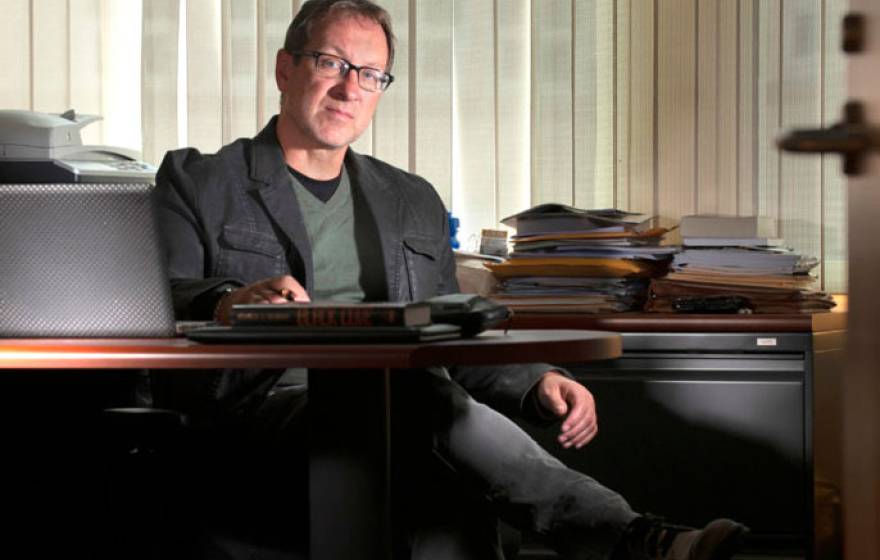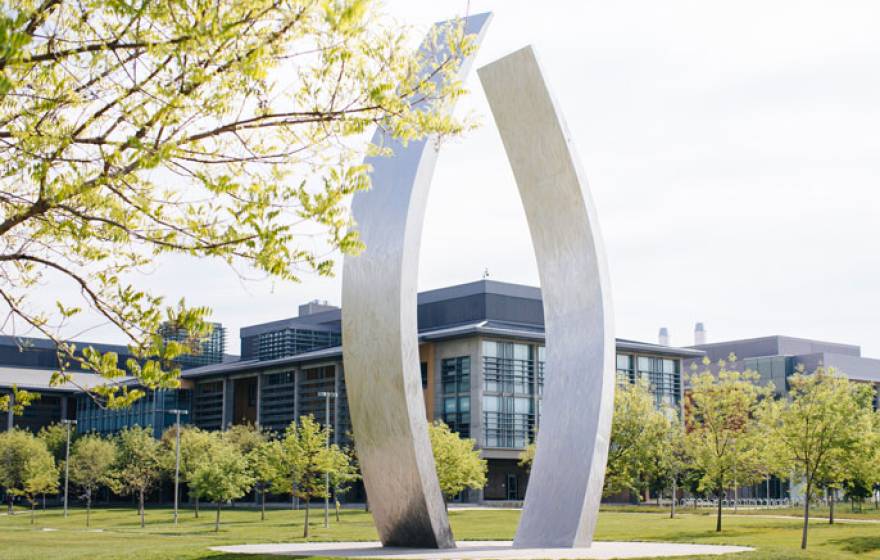Nice guys and gals don’t finish last after all.
First-gen faculty leader: Rebecca Covarrubias
The social psychology professor documents the experiences of students who are the first in their family to attend college.
Do fidget spinners really work?
The study will assess whether a high-tech fidget device increases focus and relieves anxiety in adults with ADHD.
Ready for a cognitive workout?
Joint UC Riverside-UC Irvine study seeks volunteers to assess memory training.
Do we know what we want in a romantic partner? Probably no more than a random stranger would
It sounds like the setup for a reality show, but science says it's true: Our stated preferences may not be so meaningful.
What’s next: The future of compassion
How to ward off emotional exhaustion as the pandemic continues.
FDA approves video game based on UCSF brain research as ADHD therapy for kids
This is the first video game therapeutic to be approved for the disorder in children.
Five years ago, love won. Here's how research helps make progress possible
In 2015, the Supreme Court upheld a right to marriage for gay couples in Obergefell v. Hodges. One of the key elements to winning this battle was research — particularly one UC researcher's groundbreaking study in the 1940s that showed being gay was not a mental illness.
Feeling anxious? Why a cat may be your purr-fect companion
The emotions that benefit our relationships with cats.
Newly funded COVID-19 research aims to protect the most vulnerable
Researchers across UC rapidly pivot from their usual research areas to address gaps in knowledge and care with COVID-19.
Are we wired for romance?
Researchers find out how a newlywed's brain works.
How (and why) coronavirus is changing our sense of time
Radical social changes brought have induced “temporal disintegration,” says psychologist E. Alison Holman.











